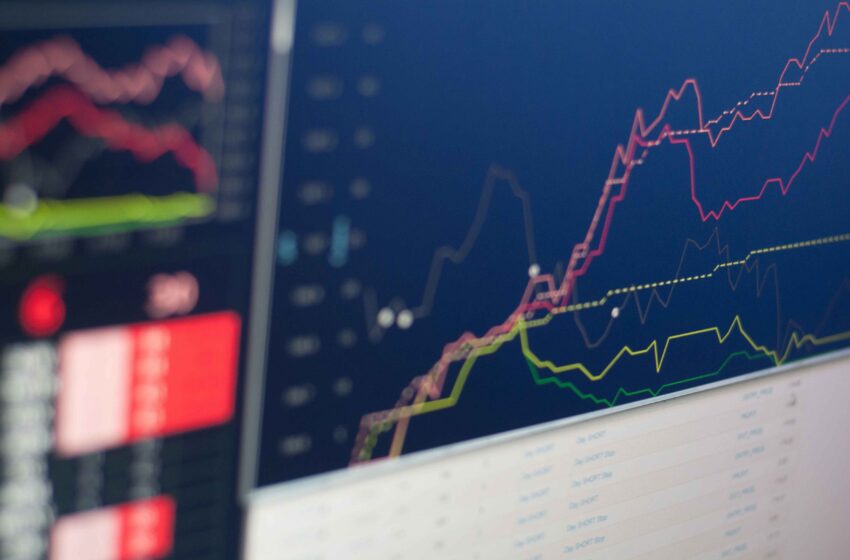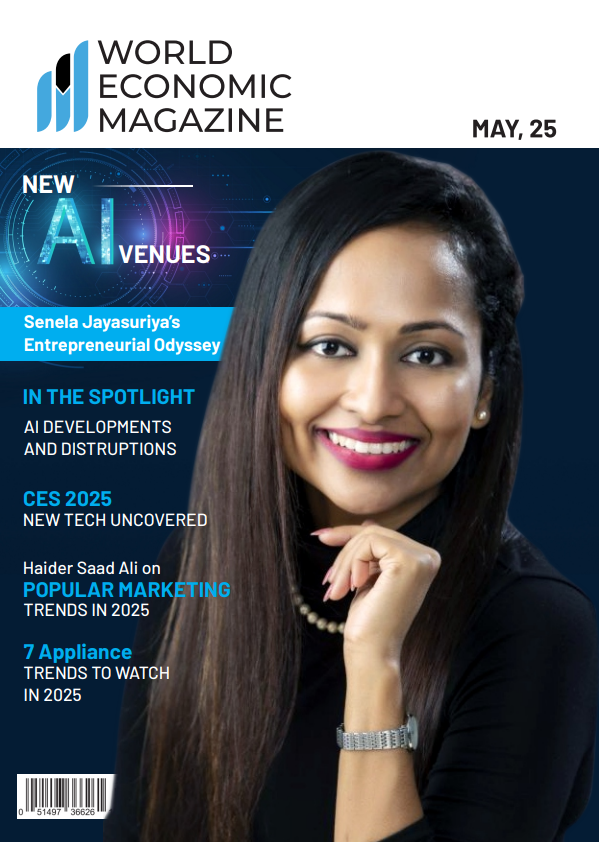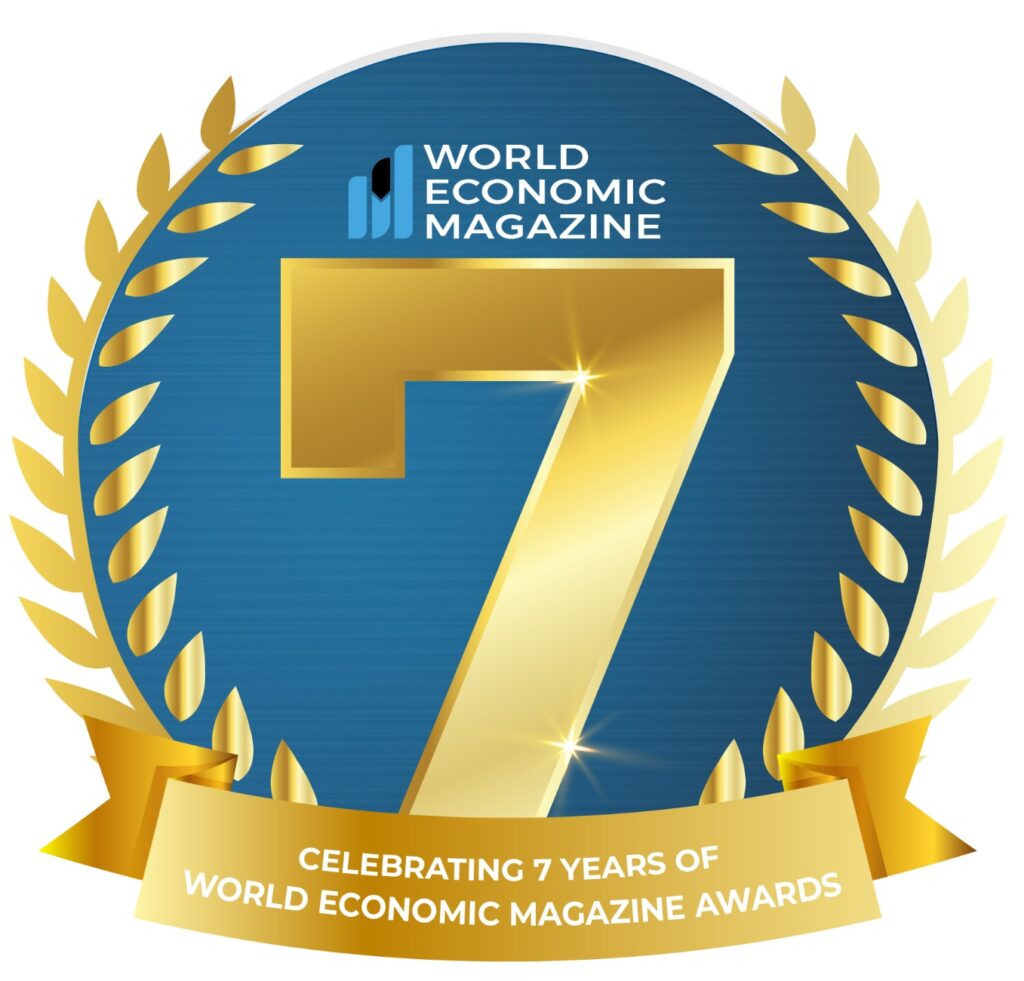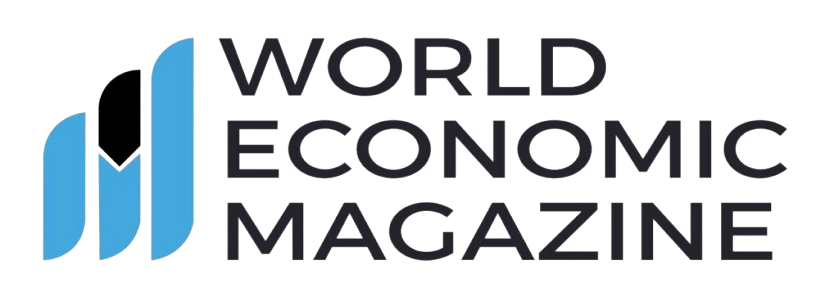

New Demographic Insights Reveal Sharp Divides in U.S. Consumer Confidence
Premium dataset offers deeper view into job market perceptions and purchasing plans across generations and income segments
New York: Fresh insights from The Conference Board Consumer Confidence Survey® show widening differences in how Americans perceive the economy, with age, income, and political affiliation emerging as key dividing lines. The data come from a newly launched Premium Dataset that provides more granular demographic breakdowns and detailed spending intentions across a wide array of goods and services.
Job Market Perceptions Split by Age and Income
One of the central indicators tracked by the survey—the job market differential—continued to slide in September, falling to +7.8%. Overall, 26.9% of respondents reported that jobs were “plentiful,” while 19.1% said positions were “hard to get.” This represents the ninth consecutive monthly decline, down sharply from +22.2% in December 2024.


A closer look shows younger workers feel the pressure most acutely. Baby Boomers reported a positive differential of +14.9% in September, but optimism declined with age: +4.7% for Gen X, +3.6% for Millennials, and just +2.1% for Gen Z. The findings reflect rising challenges facing early-career workers, even as older generations continue to fare relatively well.
Income-based disparities are also widening. Confidence in job availability turned negative among households earning under $35,000 annually, while those in the middle-income bracket of $75,000–$100,000 expressed the strongest view of labor market conditions.
Political and Generational Gaps Define Economic Outlook
The data highlight a growing partisan divide in how Americans assess current economic conditions. In September, the Present Situation Index stood at 160.5 (1985=100) for Republicans—significantly higher than the readings of 110.5 for Independents and 107.9 for Democrats. The gap between Republican and Democratic sentiment has expanded to more than 50 points, up from roughly 35 points just months earlier.
Generational differences are also deepening. Since 2021, older consumers have consistently rated present economic conditions more favorably than younger adults. Yet, they remain more pessimistic about the future, a reversal of pre-pandemic patterns when age-related confidence levels were more closely aligned.
Recent consumer confidence data reveal deepening divides across age, income, and political lines. While Baby Boomers report relatively strong optimism, younger generations—especially Gen Z—are feeling increasingly strained in today’s job market. Lower-income households have begun to lose confidence in job availability, in contrast to middle-income earners who remain more positive.
Politically, Republicans exhibit significantly higher confidence in current economic conditions compared to Democrats and Independents, with the gap widening noticeably in recent months. Generational trends also show older adults perceiving the present economy more favorably than younger workers, yet they hold a more cautious view of the future—a shift from pre-pandemic sentiment.
Latest consumer confidence data show widening economic divides, with younger workers and lower-income households feeling less secure in the job market while older generations and middle-income earners remain more optimistic. Political differences are stark as well, with Republicans reporting significantly higher confidence than Democrats and Independents, and the gap continuing to grow.
Generational trends further highlight the shifting landscape: Baby Boomers remain more confident about the present economy, while Gen Z’s optimism is the weakest among all age groups. At the same time, older adults have become more cautious about the future, marking a reversal from pre-pandemic patterns when economic outlooks were more consistent across age brackets.
Consumer Confidence Survey
These findings are part of the new Consumer Confidence Survey® Premium Dataset, designed to provide richer insights into demographic trends and consumer purchasing plans. The enhanced resource aims to support businesses, analysts, and media with forward-looking indicators and a better understanding of shifting consumer sentiment.
The Conference Board, founded in 1916, is a non-partisan, not-for-profit membership organization delivering trusted economic research and insights for global decision-makers.




